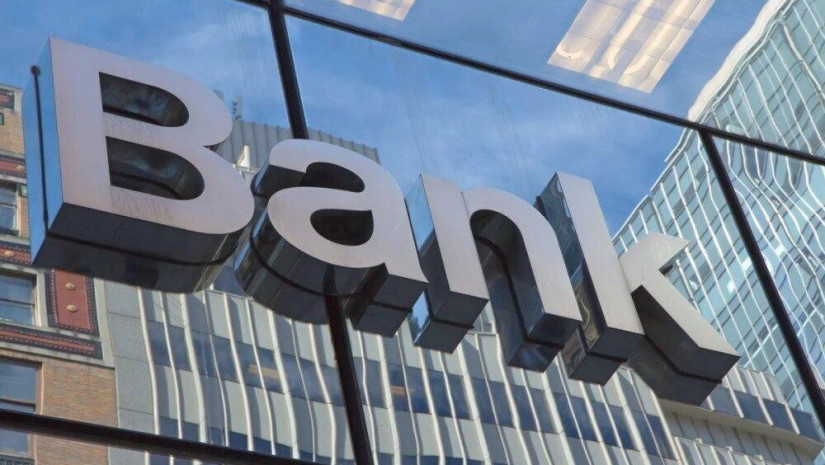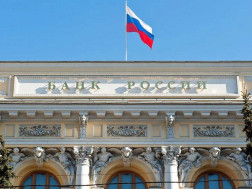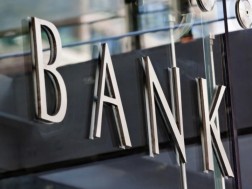Russia’s banks recorded record profits in 2021, buoyed by economic recovery, a housing market boom and rapid growth in consumer borrowing, the Central Bank said Friday.
The banking sector posted a combined 2.4 trillion rubles (around $33 billion) in profits over the year — up 50% on 2020 — new data showed, The Moscow Times reports.
The performance was fueled by Russia’s rapid recovery from the financial hit of the coronavirus, as the Kremlin avoided calls for lockdowns or tight restrictions even as cases surged, instead prioritizing keeping businesses open and the economy firing.
“It was an extremely successful year for the banking sector, with a significant increase in business and record profits,” said Alexander Danilov, the Central Bank’s head of banking supervision, in a briefing Friday.
But the regulator stressed it saw signs for concern in the sector’s strong performance.
Mortgage demand grew by a record 30% over the year, pushed higher by a housing and construction boom after Russia’s strict pandemic lockdown in the first half of 2020. Even a tightening of the government’s subsidized mortgage program failed to quash demand, as house prices have surged across Russia over the last 18 months.
With living standards and incomes under pressure from high inflation and weak pay rises, consumer loans grew by a fifth in 2021 and monthly data shows borrowing is accelerating at its fastest rate since before the pandemic.
“Such fast growth concerns us,” Danilov said Friday.
“It’s not just growth of 20% a year alone that’s a problem — but that loans are growing faster than people’s incomes, and also that there isn’t an inflow of new borrowers. To a large degree, the people taking out new lines of credit are those already in debt — so their personal debt burden is increasing.”
The Central Bank has been in a years-long tussle to stem the growth of consumer credit without tipping Russia’s already fragile economy into a recession. It has tightened rules around who banks can give loans to, requiring them to perform earnings checks and not issue new credit where loan repayments would account for a significant chunk of a borrower’s monthly income.
Danilov said those rules would be tightened further later this year, in the hope of bringing borrowing growth down to around 15% a year and “to prevent the development of systemic risks.”
A separate survey published Friday by the Equifax credit ratings bureau showed microloans — or payday loans — were the fastest growing type of credit in Russia.
The Central Bank also said record profits chalked up in 2021 have provided a cushion for Russian banks during a volatile start to 2022 which has seen a mass sell-off of Russian assets amid growing fears of a possible Russian invasion of Ukraine.
Banks have lost around 200 billion rubles ($2.6 billion) from their balance sheets, primarily due to the falling price of Russian government bonds. Falling bond prices imply a higher level of risk, with investors nervous about possible sanctions on the Russian economy which could limit their ability to trade government debt.
Russia’s Central Bank has hiked interest rates aggressively in response to surging inflation over the last 12 months. The latest market volatility has pushed expectations for how long the cost of living crisis will continue, with analysts expecting another significant rate hike when the bank meets in mid-February.
















